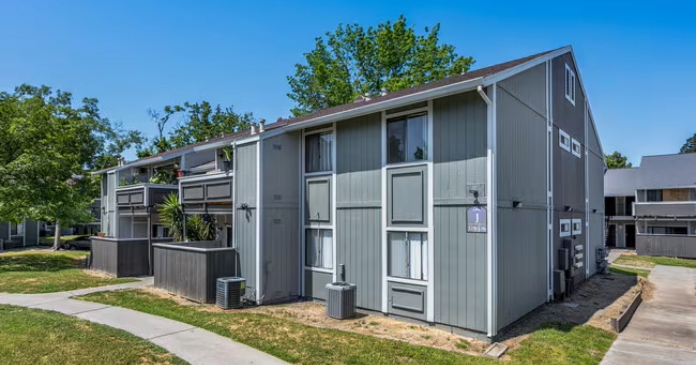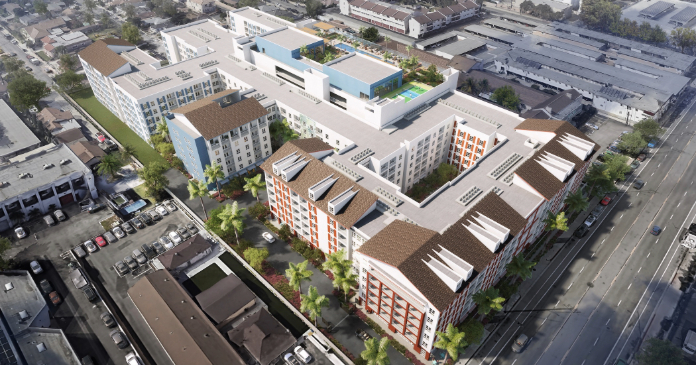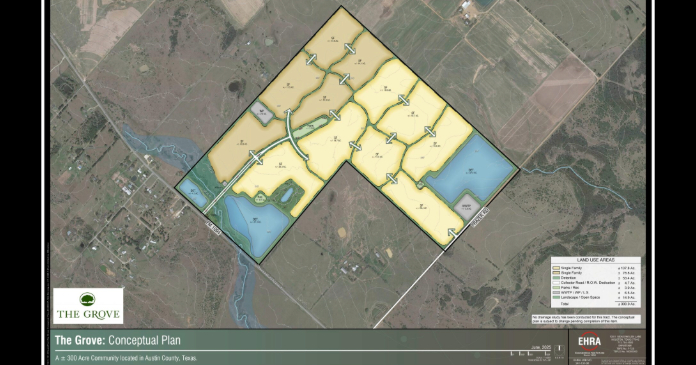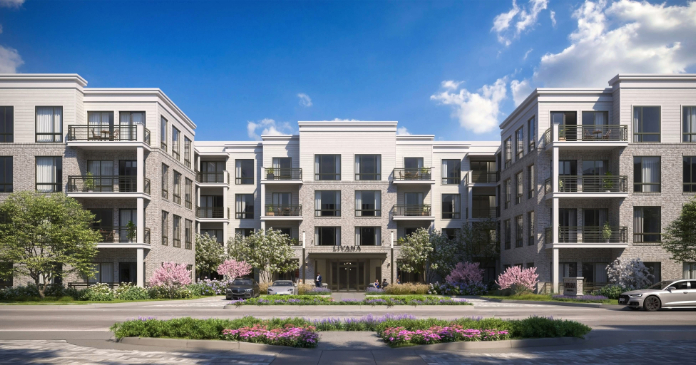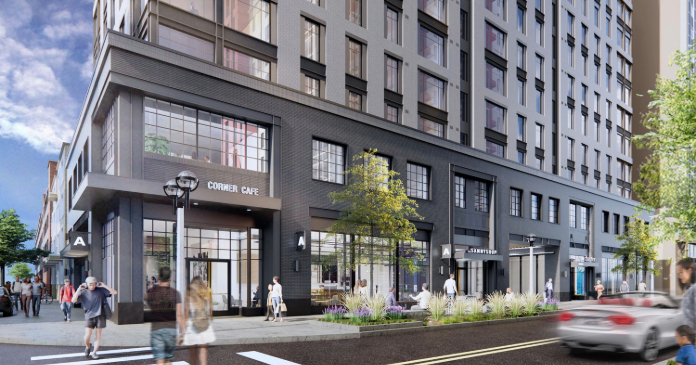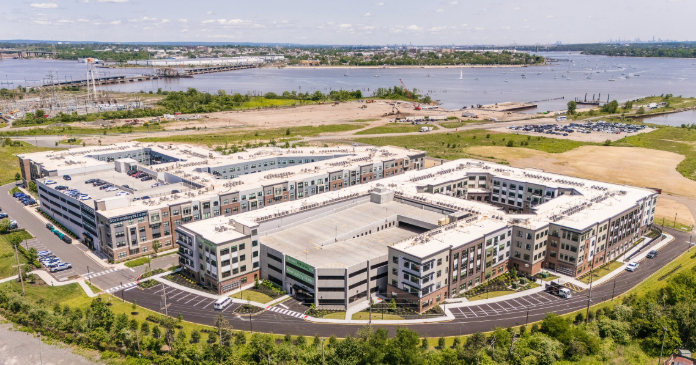Apartment owners are suing the City of Los Angeles for keeping in place its emergency ban on rent increases first implemented at the start of the COVID-19 pandemic.
In a lawsuit filed at the end of July in Los Angeles Superior Court, the Apartment Association of Greater Los Angeles asked the court to put a stop to the city’s ongoing rent freeze on grounds that it violates the U.S. and California constitutions and deprives landlords of due process.
“For more than three years, rental housing providers have been saddled with cost increases impacting virtually every line item of their profit and loss statement,” the association’s Executive Director Daniel Yukelson said. “All of this comes after three years of lacking rent collections due to the city’s imposed eviction moratorium.”
In March 2020 during the early days of the COVID-19 pandemic, Mayor Eric Garcetti declared a local emergency and the city began issuing restrictions. The Los Angeles City Council passed a series of ordinances to protect tenants.
One of the measures adopted was the Rent Freeze Ordinance, which imposed a blanket ban on rental increases on any property already subject to the city’s rent stabilization law, which applies to rental properties built on or before Oct. 1, 1978.
This year, on Feb. 1, city leaders terminated the local emergency and many other pandemic-related regulations. But the Rent Freeze Ordinance is in effect until Feb. 1, 2024.
“This ordinance, which has frozen all rent increases for more than three years under a period of extreme inflationary pressures, has been a tremendous financial strain on the city’s rental housing providers,” the association’s President Cheryl Turner said. “As a result, many housing providers in Los Angeles have been forced to exit the rental business, liquidate retirement savings to keep up with rapidly rising costs, or in extreme instances, are facing foreclosure proceedings.”
The freeze impacts more than 650,000 rental units, or about three-quarters of the city’s apartment stock, according to the Los Angeles Times.
Landlords are usually allowed to raise rents on existing tenants from 3 percent to 8 percent each year, depending on inflation.
“It’s a bad thing when your costs aren’t controlled, but your revenues are,” Irvine-based real estate attorney Anthony Burton, of AWB Law, wrote in a January 2022 blog post. “Just ask landlords. They have taxes, trash hauling, mortgages, utilities, maintenance, and repairs to cover.”
Rent freeze hurts landlords
Despite today’s higher cost of living and inflation, the City of Los Angeles hasn’t reconsidered the ban, according to the lawsuit.
“If allowed to stand, the Rent Freeze Ordinance will not only continue to violate Plaintiff’s members’ constitutional rights but will continue to inflict widespread economic damage on property owners and landlords across the city, while unconstitutionally placing the burden of these increased costs of living on the backs of property owners and landowners, including Plaintiff’s members, who have already been financially crippled by the pandemic,” attorneys for the association, which has more than 10,000 members, wrote in the lawsuit.
The city and county of Los Angeles also implemented bans in March 2020 on evictions in response to the pandemic. The city’s ban expired this year on Jan. 31. Tenants were expected to begin paying rent again in February and are required to pay any back-rent owed from March 1, 2020, to Sept. 30, 2021, by Aug. 1. Any rent owed from Oct. 1, 2021, to Jan. 31, 2023, is due by Feb. 1, 2024.
The county’s eviction ban also started in March 2020 and ended after the apartment association filed a lawsuit against it. In October 2022, a district court judge granted the apartment association a preliminary injunction against the county’s ban, requiring the program to end shortly thereafter by Dec. 1, 2022.
Rent prices stabilize
Although rental prices in California rose slightly this month compared to June, the state’s average rental price began to drop earlier this year after two years of sharp increases, according to Realtor.com. The price declines were attributed to tech layoffs and the general weakening of the job market in the state.
“I think what you’ve probably seen since [the COVID pandemic ended] is simply people catching up for past years,” Molly Kirkland, director of public affairs for the Southern California Rental Housing Association, said. “But we’re definitely seeing a leveling out of rents since last year. We’re getting back to a normal marketplace.”
Still, the Golden State still has some of the highest rents in the country. A lack of rental housing in Southern California could be to blame, according to Kirkland.
“There aren’t a lot of units out there, so there’s lots of competition for rentals and they tend to go quickly.”
The average price in the state for all bedrooms and property types reached $2,913 in July, which was a $237 drop compared to 2022, according to national real estate company Zillow.
Los Angeles County’s average price was slightly higher than the state’s, reaching $2,950 in July.
Excerpt Jill McLaughlin, Epoch Times




